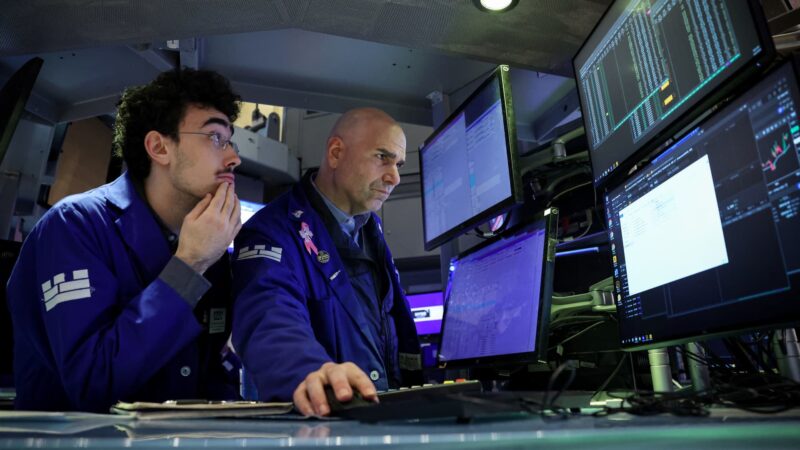
One of the most significant trends in AI is the increasing use of machine learning algorithms to automate and optimize processes. Machine learning allows computers to learn from data and make predictions or decisions without being explicitly programmed. This technology is being used in a variety of industries, from finance and healthcare to manufacturing and retail, to streamline operations, improve efficiency, and drive innovation.
Another trend to watch is the rise of AI-powered virtual assistants and chatbots. These intelligent, conversational interfaces are becoming increasingly common in customer service and support functions, helping businesses provide personalized and efficient assistance to their customers. Virtual assistants can answer questions, provide product recommendations, and even complete transactions, all without human intervention.
In addition, AI is enabling businesses to better understand and connect with their customers through advanced analytics and predictive modeling. By analyzing large amounts of data, AI can uncover patterns and insights that can inform marketing strategies, improve customer segmentation, and increase customer engagement. This data-driven approach is helping companies deliver more personalized and targeted experiences to consumers, leading to higher customer satisfaction and loyalty.
AI is also revolutionizing the way businesses approach cybersecurity and risk management. With the increasing sophistication of cyber threats, AI-powered tools are essential for detecting and mitigating security breaches in real-time. Machine learning algorithms can analyze network traffic, detect anomalies, and respond to potential threats faster and more effectively than traditional security measures.
Furthermore, AI is enabling businesses to leverage the power of big data and the Internet of Things (IoT) to drive innovation and growth. By combining AI with IoT devices, companies can collect and analyze vast amounts of real-time data to improve operational efficiency, optimize supply chains, and create new sources of revenue. This integration of AI and IoT is reshaping industries such as manufacturing, transportation, and healthcare, and is expected to continue to drive significant advancements in the coming years.
Overall, the adoption of AI is transforming the way businesses operate, innovate, and compete in the global marketplace. As technology continues to evolve, companies that embrace AI will have a competitive advantage and be better positioned to succeed in the digital age. By staying abreast of the latest AI trends and developments, businesses can harness the power of artificial intelligence to drive growth, improve customer experiences, and transform their operations for the better.






